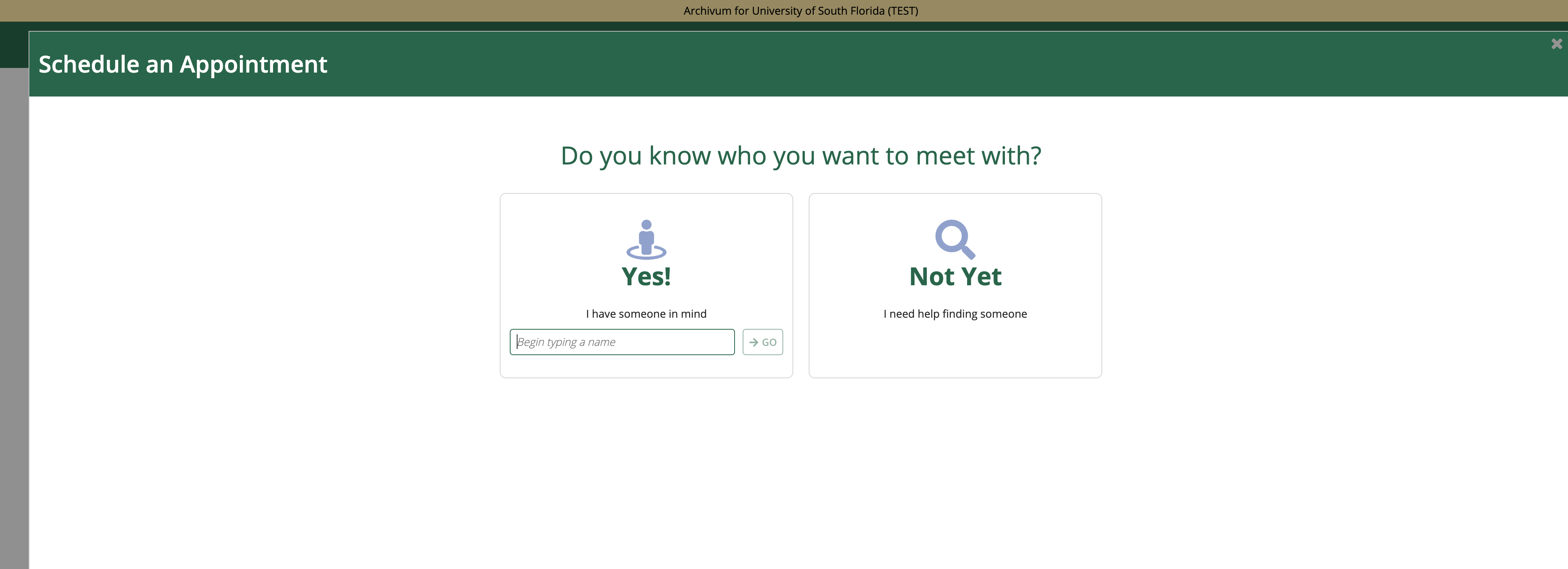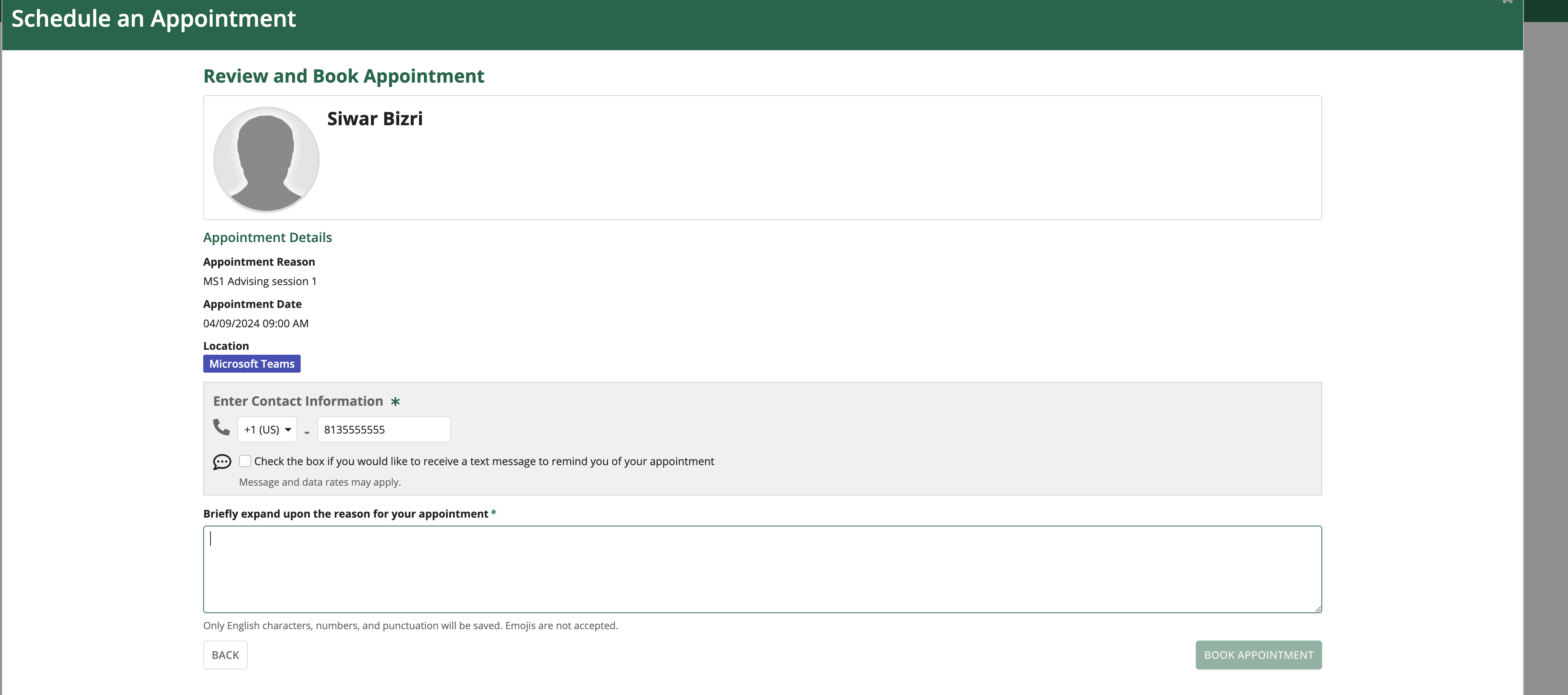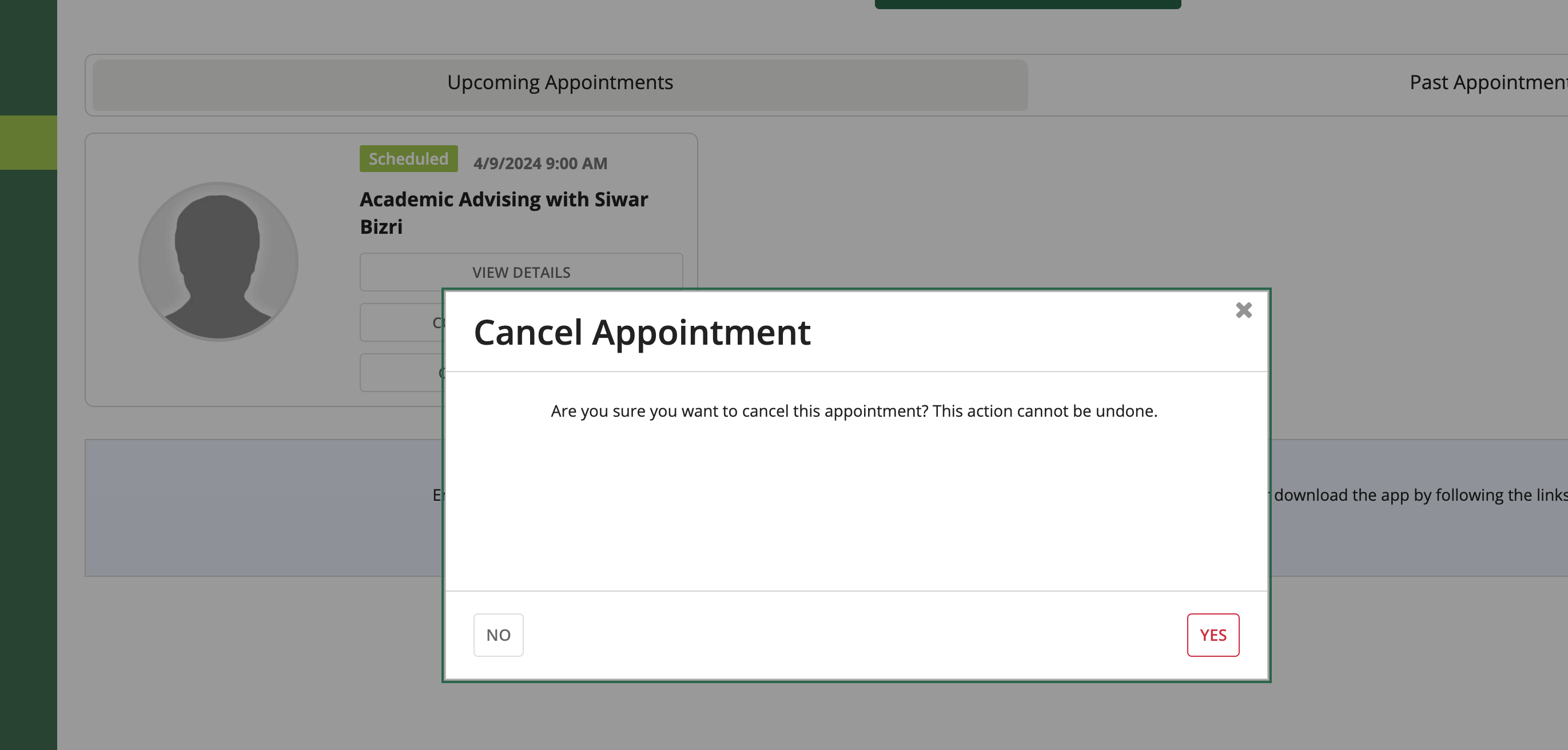Versions Compared
Key
- This line was added.
- This line was removed.
- Formatting was changed.
Contents of the page
| Table of Contents |
|---|
|
|
| Widget Connector | ||||
|---|---|---|---|---|
|
What is Archivum?
Archivum is an intelligent business process management platform (IBPM) that will automate MCOM's academic and business processes. Working closely with USF Health IS, we are embracing a strategy that focuses on quickly developing products that allow us to find ways to help our faculty, staff and students complete tasks and processes as efficiently as possible.Archivum is running on IBPM system platform developed by Appian. Appian is a worldwide company headquartered in the US, with customers such as Amazon, Bank of America and Ryder Truck.
Why Archivum?
The University of South Florida is pioneering the use of intelligent business process management (IBPM) through the use of Appian’s cloud-based software platform. Developed using an approach the focuses on quickly releasing products so that they can be used and get feedback for enhancement. The goal is to release good product quickly, not perfect projects developed over long periods of time.
Archivum is user friendly and integrates with all of our existing systems such as Banner, GEMS, etc. It acts as a central system where faculty, students and staff/administrators can complete tasks or paperwork and easily track the progress and outcomes. Some of the benefits to Aerchivum are:
Accessibility – Archivum works on a variety of web interfaces, PC & Mac, and mobile devices. There is also “an app for that” supported by iOS and Android devices.
Ease of use – the design is fairly intuitive. Each faculty and student will have their own “page” and from it is easy to navigate between tasks and programs. Faculty will find a link to all of your student advisees (one click and all your students should be there in one place for you).
Access to Information – Archivum pulls data into records that are powerful and yet simple. The student record will provide a variety of information in one place for faculty and students alike. The program of study creates a live view of the student’s progress towards their degree and creates new ways for students and faculty advisors to work together to map out their academic plan.
Customer-focused – We hope that we are developing applications and features that will improve the day to day tasks our faculty, staff, and students must complete.
Transparency – Archivum allows the user to track the status of any requests they have pending in the system, and will allow the College to analyze processes for ongoing improvement.
The Career Advising and Collegium program is designed to prepare Morsani College of Medicine (MCOM) MD Program students to achieve a residency position through the Match (NRMP, Military or Early match programs) through a system of advising and mentoring.
Collegium Program
The program is comprised of assignment to 1 of 9 Collegia along with other students across the 4 years of the curriculum. Students are paired with a 2nd year student “Big Sib” based on information provided to the College of Medicine Peer Advisory Committee (COMPAC) prior to matriculation. Each collegium will consist of Big Sibs across the 4 classes creating a connection among 1st, 2nd, 3rd and 4th year students. There are approximately 18 students per class or 72 students in a collegium. Each collegium has one or more Collegium Directors (faculty members), who also serve as the career advisor for the student throughout medical school. If a collegium has more than 1 faculty member each student will be assigned to a specific advisor at matriculation.
It is our goal to have a program wide Collegium Day each year, quarterly collegia meetings in which each group will schedule a meeting across all 4 years, and activities in which the collegia can participate throughout the academic year.
Career Advising
The Career Advising Program is designed on a 4-year timeline as described below in this document. It is heavily based in Careers in Medicine (CiM) developed by the Association of American Medical Colleges (AAMC)
|
The Advising Functionality in Archivum
The Career Advising Program is designed to help prepare students for residency application. CiM is located at URLhttps://www.aamc.org/cim/. Students will also select a specialty advisor by the end of year 3 to help guide them for their specific residency specialty. The The Associate Dean for Student Affairs, Director of Career Advising and Director of the Academic Support Center are also available to assist students.
Assessing at Risk Students
When a Career Advisor determines that a student whom they are advising is at risk for not matching, that student will be referred to the Director of Career Advising to review steps by which the student can minimize their risk. The Director may include the Associate Dean for Student Affairs and/or the Director of Academic Support Center as is appropriate based on the risk factors.
A system of assessing student risk is provided for advisors so they can make informed decisions concerning if a student is a low risk, intermediate risk or high risk of not matching. Factors will include assessing USMLE scores, academic performance, research activity, extra-curricular activity, competitiveness of programs, number and types of programs to which student has applied, and development of a parallel plan.
Assessment of Advising
Each year students will be asked to complete a short anonymous survey to determine student satisfaction with the advising program. In addition, students will be asked to provide any suggestions to strengthen the advising program.
Preparation for United States Medical Licensing Examinations (USMLE)
Students are required to take 3 licensing exams in order to graduate from the MCOM. The first is USMLE Step 1, which covers material presented in the pre-clinical sciences during years 1 and 2 of the MD curriculum. The examination must be taken prior to the start of year 3 of the curriculum. Students are given a period of 7-8 weeks after year 2 to prepare for and take the examination.
USMLE Step 2 Clinical Knowledge (CK) and Clinical Skills (CS) are taken following the 3rd year of the curriculum. It is preferable to take these exams early during year 4. For Step 2 CK the exam must be taken no later than November 30 (data clearly demonstrate that taking the exam within the 1st 3 months after completion of year 3 generally results in stronger exam performance). For Step 2 CS the deadline to take the exam is in the 1st week of November related to the exam score release date by the NBME (the specific date will be presented to students prior to year 4 starting).
Academic Support Center
The Academic Support Center is The Academic Support Center is available to students upon acceptance to the MCOM to help students optimize their ability to achieve well succeed in the MD curriculum and in preparation for USMLE exams. This includes study skills development, test taking strategies and assessment for any difficulties with academic endeavors.
Office of Student Affairs
The Office of Student Affairs coordinates the preparation of the Medical Student Performance Evaluation (MSPE), which is the summative evaluation letter provided by the school to all residency programs. The Collegium Director is the MSPE author,and works with Student Affairs and the student to complete the MSPE. Student Affairs also handles working with the Electronic Residency Application Service (ERAS), the National Residency Matching Program (NRMP), and all of the letters of recommendation that get submitted for your applications. They will communicate with students frequently to make certain that deadlines are met. The Associate Dean for Student Affairs and the Director of Student Affairs are additional resources who are always available to students seeking advice.
What is the Lottery Process?
Students will identify both their desired track and preferred schedule via the USF Archivum lottery wizard. The wizard will walk students through their schedule requirements and allow them to electronically submit the desired site and period for each course.
Once all students have submitted their preferences via Archivum, the system will generate a draft schedule for each student by comparing all submitted preferences with course availability. After interview blocks, track requirements, and externship blocks have been entered, students will have an opportunity to add the remaining general electives to complete their schedule (36 weeks/9 months).
Where scheduling conflicts arise, the system will attempt to assign students 1) to the same period, but different site, then 2) the same site but different period, etc. until a slot is found. The system will randomize the list of students each time a substitute period/site must be found so that not only one student is impacted by changes to the preferred schedule. Additionally, the system knows which types of courses should be completed earlier in the year, and will take that into account if any deviations from the preferences must occur.
The Registrar’s Office will review the draft schedules for accuracy before registering students in Banner and distributing the official schedules. Students will have an opportunity to make changes via the drop/add system throughout the year, so the schedules are not set in stone.
Archivum and the Lottery Process
The first MCOM process to be completed in Archivum is Lottery.
Every spring, third year medical students participate in a lottery to select and rank desired courses and clerkships for fourth year. Fourth-year curriculum is based on the individual student’s career plans and needs, and is chosen by the student with faculty advice. Here are the steps for the Lottery process:
- Students will identify both their desired track and preferred schedule via the USF Archivum lottery wizard. The wizard will walk students through their schedule requirements and allow them to electronically submit the desired site and period for each course.
- Once all students have submitted their preferences via Archivum, the system will generate a draft schedule for each student by comparing all submitted preferences with course availability.
- After interview blocks, track requirements, and externship blocks have been entered, students will have an opportunity to add the remaining general electives to complete their schedule (36 weeks/9 months).
- Where scheduling conflicts arise, the system will attempt to assign students 1) to the same period, but different site, then 2) the same site but different period, etc. until a slot is found.
- The system will randomize the list of students each time a substitute period/site must be found so that not only one student is impacted by changes to the preferred schedule. Additionally, the system knows which types of courses should be completed earlier in the year, and will take that into account if any deviations from the preferences must occur.
- The Registrar’s Office will review the draft schedules for accuracy before registering students in Banner and distributing the official schedules.
- Students will have an opportunity to make changes via the drop/add system throughout the year, so the schedules are not set in stone.
Would you like to see a demo? Here it goes!
| Widget Connector | ||||
|---|---|---|---|---|
|
How to access Archivum?
You can access via Web Browser or Mobile Application.
Access via Web Browser
- Access preferred browser that matches supported browser listing
- Google Chrome
- Microsoft Internet Explorer
- Mozilla Firefox
- Apple Safari
- Archivum does not support older versions, for example, Internet Explorer 8
- Go to the main USF Archivum page: https://usf.appiancloud.com/
- Log in using USF NetID via Single-Sign On
- Access preferred browser that matches supported browser listing
 Image Removed
Image Removed
You’ll be automatically taken to the USF Archivum home page upon successful login
| Expand | ||||||||||
|---|---|---|---|---|---|---|---|---|---|---|
| ||||||||||
The supported Web browsers are listed in the table below. Web browsers must allow cookies. If a user's browser is not configured to allow cookies, then Archivum displays an alert stating that cookies must be enabled in order to log in.
|
Access via Mobile Application
Yes, we got you covered if you are iOS or Android. Follow the instructions and download them at www.usf.edu/archivummobile. Use your USF ID to log in.
Archivum now allows students and advisors to directly interface through its platform with these functionalities:
- A user profile page with personal and academic information.
- The ability to sync with your USF health account and Outlook Calendar giving you the ability to directly schedule appointments with your advisor in real time.
- Receive email and Archivum notifications when new actions have occurred such as tasks and appointments.
- Provides a central location for meeting notes taken by the student or advisor to track progress and discussions.
- Receive reminders for upcoming appointments or pending tasks.
- For student tutors, the ability to log tutoring hours.
- Access the Archivum platform through the mobile app.
How to schedule an appointment
Archivum gives you the option to schedule an appointment with your career advisor, the Academic Support Center, or the Student Affairs Dean. To schedule an appointment/meeting, click on Appointment Scheduling on the homepage.
 Image Added
Image Added
Click on "Book an Appointment."
 Image Added
Image Added
Type the name of the person you would like a schedule an appointment with.
 Image Added
Image Added
Once you select someone, populate the other information pertinent to your appointment and click "view availability"
 Image Added
Image Added
This will take you to the schedule with time slots. You can only schedule up to 14 days in advance. Click on the day you would like to schedule your appointment and then choose a time slot. Keep in mind the type of meeting you are choosing (e.g. Office or Microsoft Teams or Phone).
 Image Added
Image Added
Review the appointment and input additional information about the appointment. Enter cell phone number and check box if you would like to receive reminders about the appointment. Then click "Book Appointment."
 Image Added
Image Added
How to cancel a meeting
Please be aware that modifications or cancellations of appointments cannot be done in Outlook and must be done in Archivum or through text.
To cancel a meeting, navigate to "Appointment Scheduling" from the homepage.
 Image Added
Image Added
Find the appointment you would like to cancel and click on "Cancel Appointment."
 Image Added
Image Added
If you are sure you want to cancel, click Yes.
 Image Added
Image Added
How to confirm an appointment
Confirming an appointment notifies the person you are meeting with that you plan to attend the meeting and serves as a reminder for both parties. Click on "Confirm Appointment" to confirm.
 Image Added
Image Added